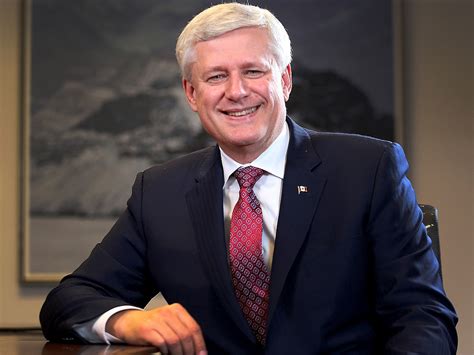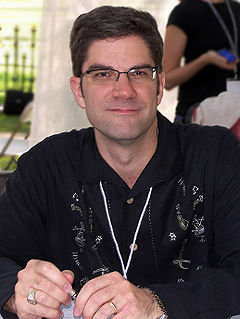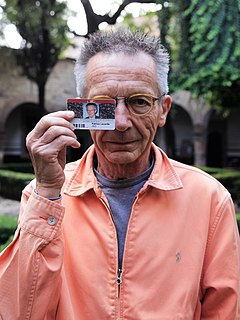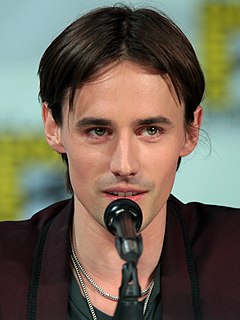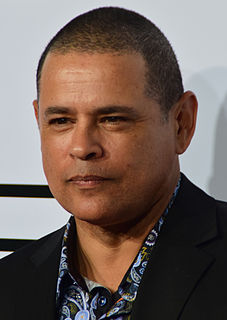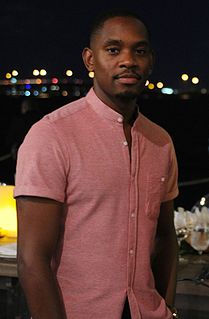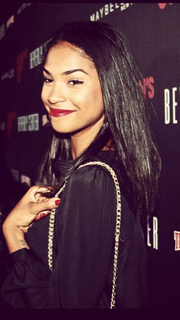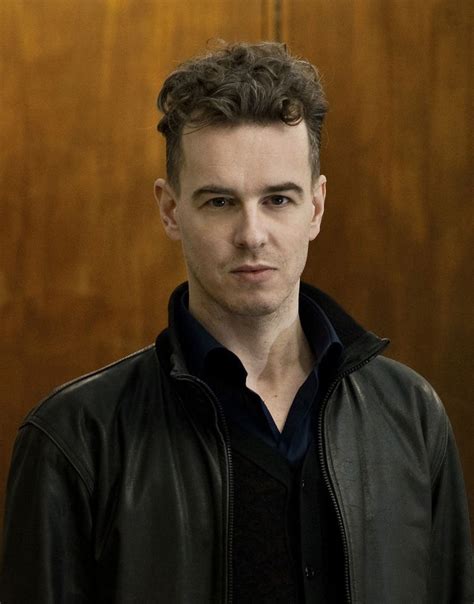A Quote by Mayim Bialik
It used to be that if you were on a sitcom you couldn't get work in film because it was so different. Now it's almost like you have to be on TV to do other film work.
Related Quotes
I will tell you that I'm a bit of a snob. I love film, and I would like to work in film, and I'm disappointed that indie film is as hard as it is to work in now. It's hard to get things done, but that sort of work is being done on TV. That's what I do; that's what I write. It's what I love, and hopefully, that's what my future's going to be.
I've always loved theatre because it's so immediate. The challenge of it is that, career wise, it's easier to get traction in the industry if you do film and TV because the audience is larger, and because the work can be seen for a longer period of time. I did solid work in a series of regional and Off-Broadway shows, but the work I did on TV or film will have a longer life with a larger audience (and with services like Netflix). Ultimately, there's something intimate about TV, because the storytelling and the actors come home with the viewer. It can be powerful because of that.
No one forces me, or any other writer, to sell a film option on the books. If you don't want to run the risk that the filmmakers may adapt your work in a way you don't like, then you don't sell the option. You know when you sell it that they will have to make some changes, just because film and TV are different media than books.
I was on Broadway for three years with Spiderman and that amount of time spent on a show - it's a grind being on Broadway. The people that do that are probably the hardest working people. I shouldn't say that, because there's a lot of hard work that goes on in film and television, as well. That consistency of the grind of eight shows a week - I feel ready to go back to it now after having a bit of a break. I like to have the chance to jump between different art forms, whether it be theatre, film, TV, music. It's really wonderful to have opportunities in different arenas.
Ellen [Page] and I had only met a couple of times, but had mutual admiration for each other's work. When I first heard about the film [Into the Forest], I was excited to get a chance to work with one of my peers because it's usually one or the other. You don't get to work with all of the other actors that you're usually competing with.
African films should be thought of as offering as many different points of view as the film of any other different continent. Nobody would say that French film is all European film, or Italian film is all European film. And in the same way that those places have different filmmakers that speak to different issues, all the countries in Africa have that too.


